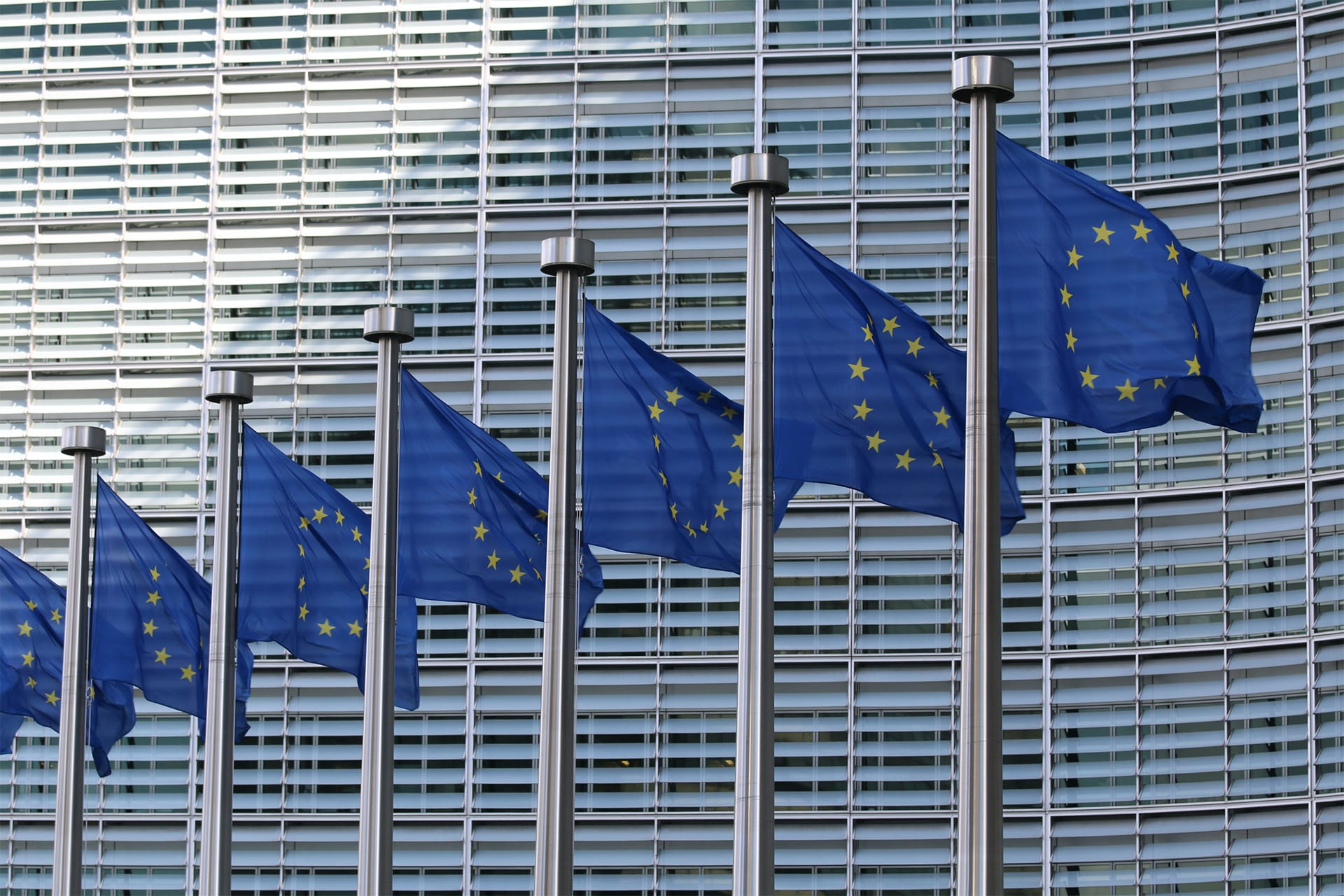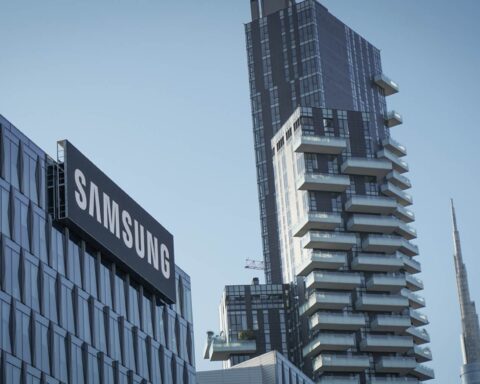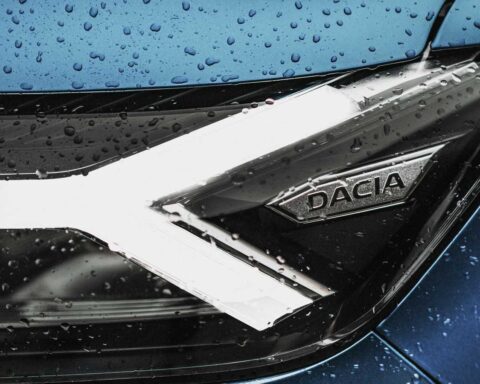The European Union has released an update that states that it will be granting AI startups access to processing power for model training on the bloc’s supercomputers, and France’s Mistral AI is already engaged in a pilot phase. However, an early conclusion is that the program must incorporate dedicated support for AI startups, in order to educate them on optimizing the use of the EU’s high-performance computing resources.
“One of the things that we have seen is the need, not only to provide access but, to provide facility — especially skills, knowledge and experience that we have in the hosting centres — on how this access can be not only facilitated but to develop training algorithms that are using the best of the architecture and the computing power that is available right now in each supercomputing center and in our machines,” said an EU official.
More to the point, the intention is to establish “centers of excellence” to facilitate the development of specialized AI algorithms capable of operating on the European Union’s supercomputers.
AI startups are generally more accustomed to utilizing dedicated computing hardware from U.S. hyperscalers for training their models, rather than leveraging the processing power available from supercomputers. To bridge this gap, the program providing high-performance computing access for AI training is being enhanced with a support wrapper. This information comes ahead of the official inauguration of MareNostrum 5, a pre-exascale supercomputer set to take place at the Barcelona Supercomputing Center in Spain on Thursday.
EU officials confirmed that an “AI support center” is in the works, and it will feature a “special track” dedicated to providing assistance for SMEs and startups to optimize their utilization of the EU’s supercomputing resources. Acknowledging that the AI community has not traditionally utilized supercomputers over the past decade, the officials underlined the need to assist them in adapting to this new engagement, as they may be familiar with GPUs but are new to the challenges posed by supercomputers.
Over the past five years, the European Union has significantly increased its investment in supercomputers, expanding the hardware to a cluster of eight machines distributed across the region. Additionally, there are plans to interconnect these machines via terabit networks, forming a federated supercomputing resource. This resource is intended to be accessible in the cloud, making it available for users throughout Europe.
Applications currently under development on the EU’s high-performance computing hardware are projects like “Destination Earth,” focused on simulating Earth’s ecosystems to enhance modeling of climate change and weather systems. Another project aims to create a digital twin of the human body, with the goal of advancing medical science by supporting drug development and facilitating personalized medicine. The use of supercomputing resources to help AI startups has become a more recent strategic priority following the announcement of the compute access program for AI model training by the EU president in the fall.
In the future, EU’s plan is to acquire “more dedicated AI supercomputing machines, that will be more based on accelerators rather than the standard CPUs”.





